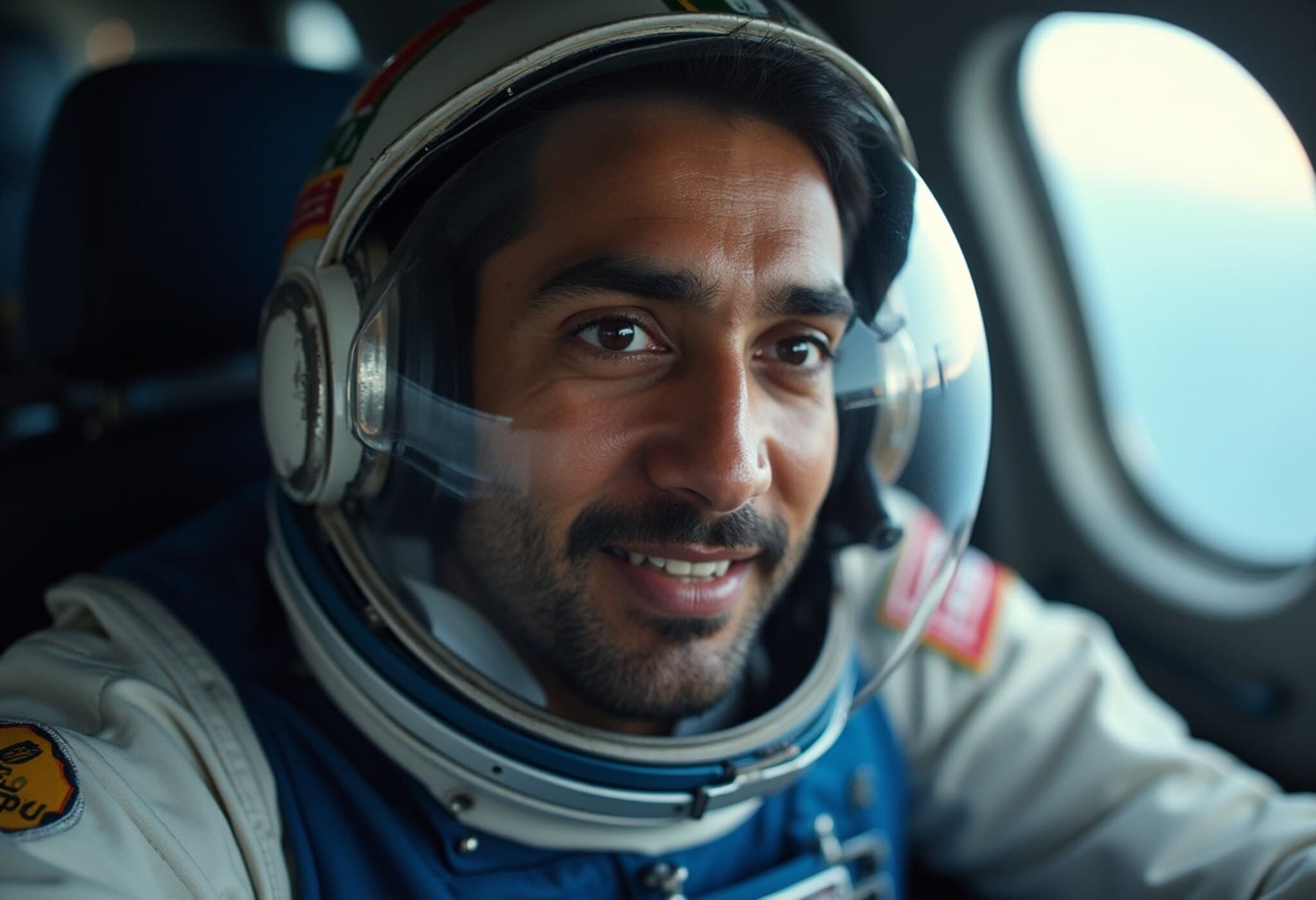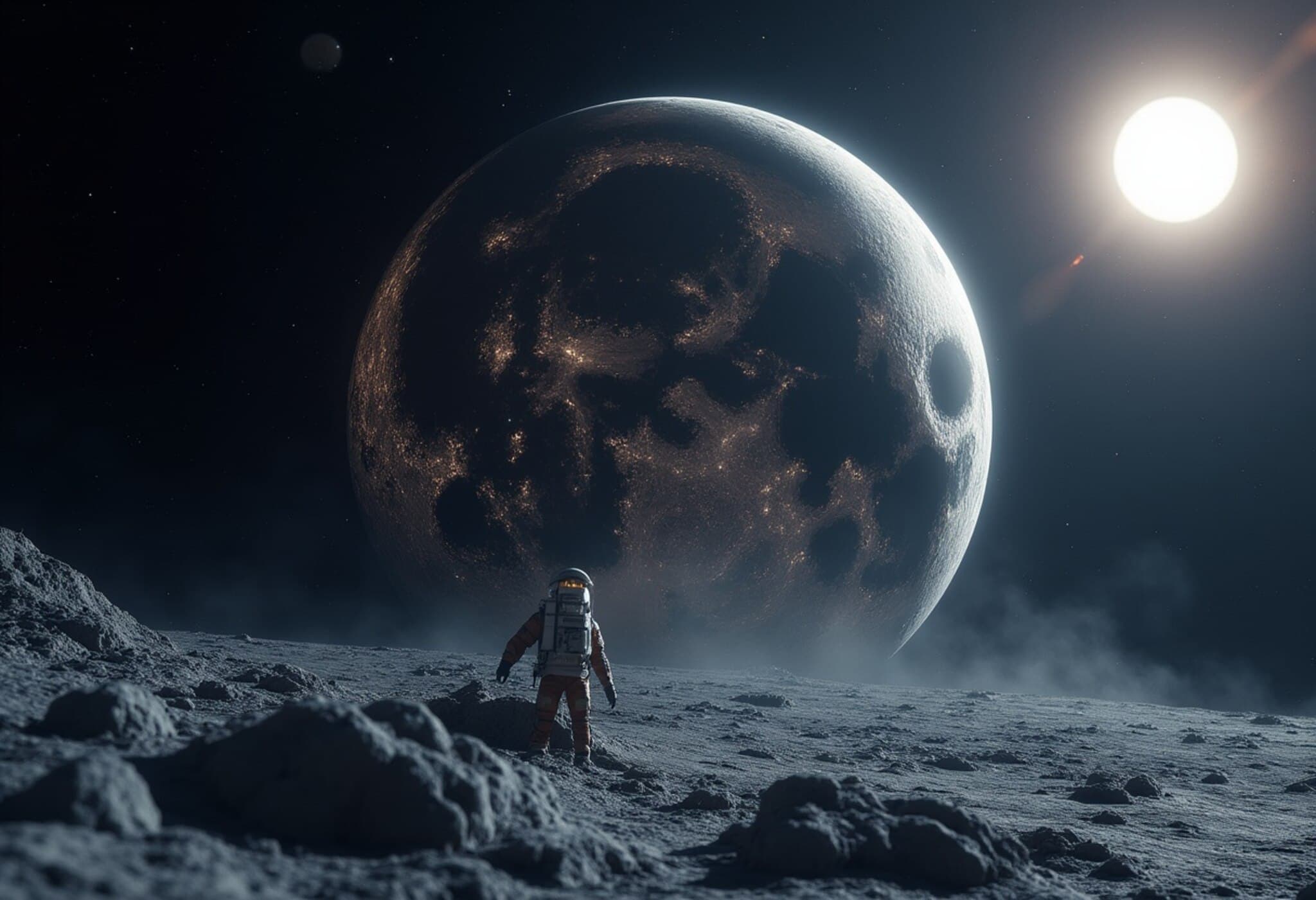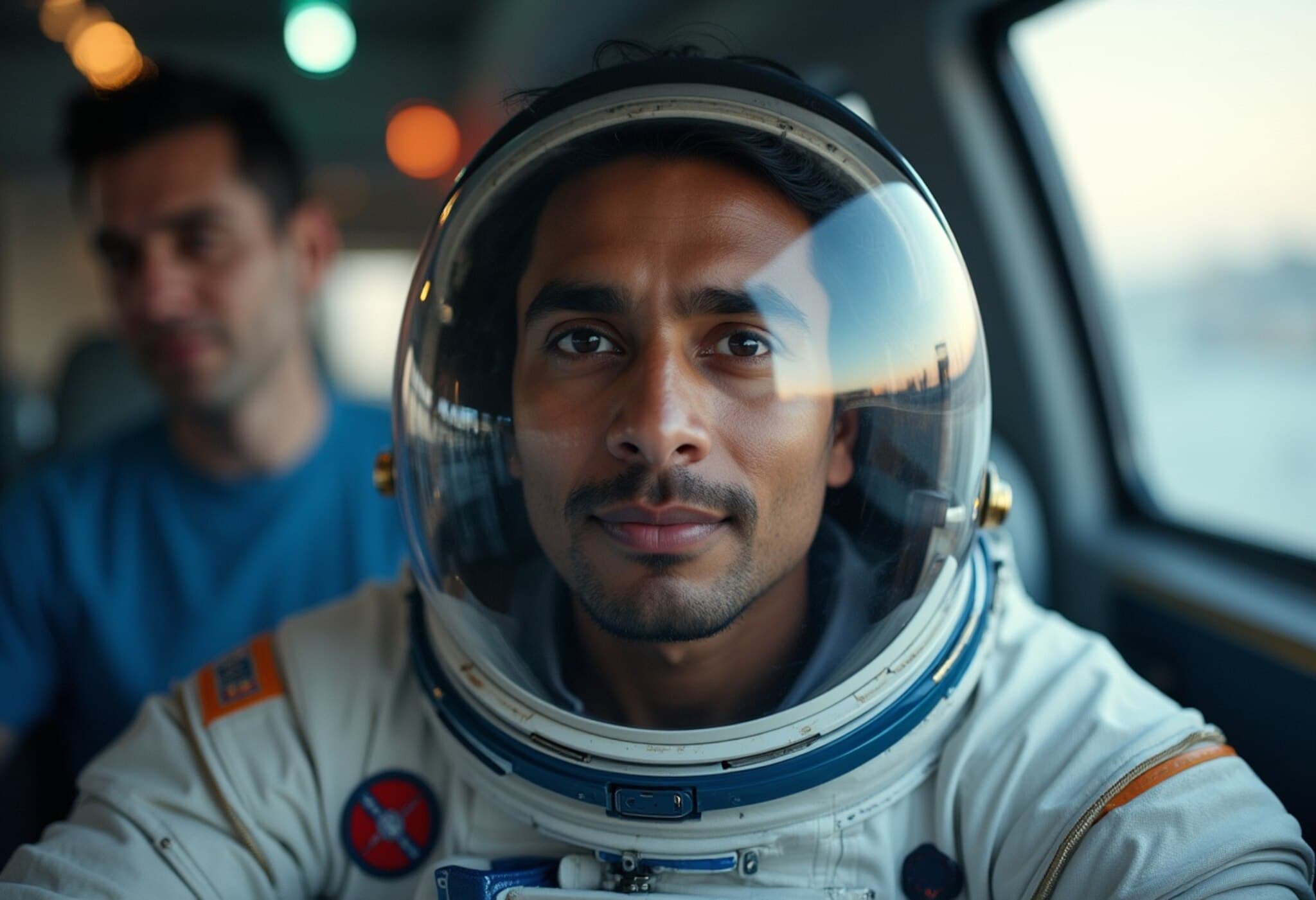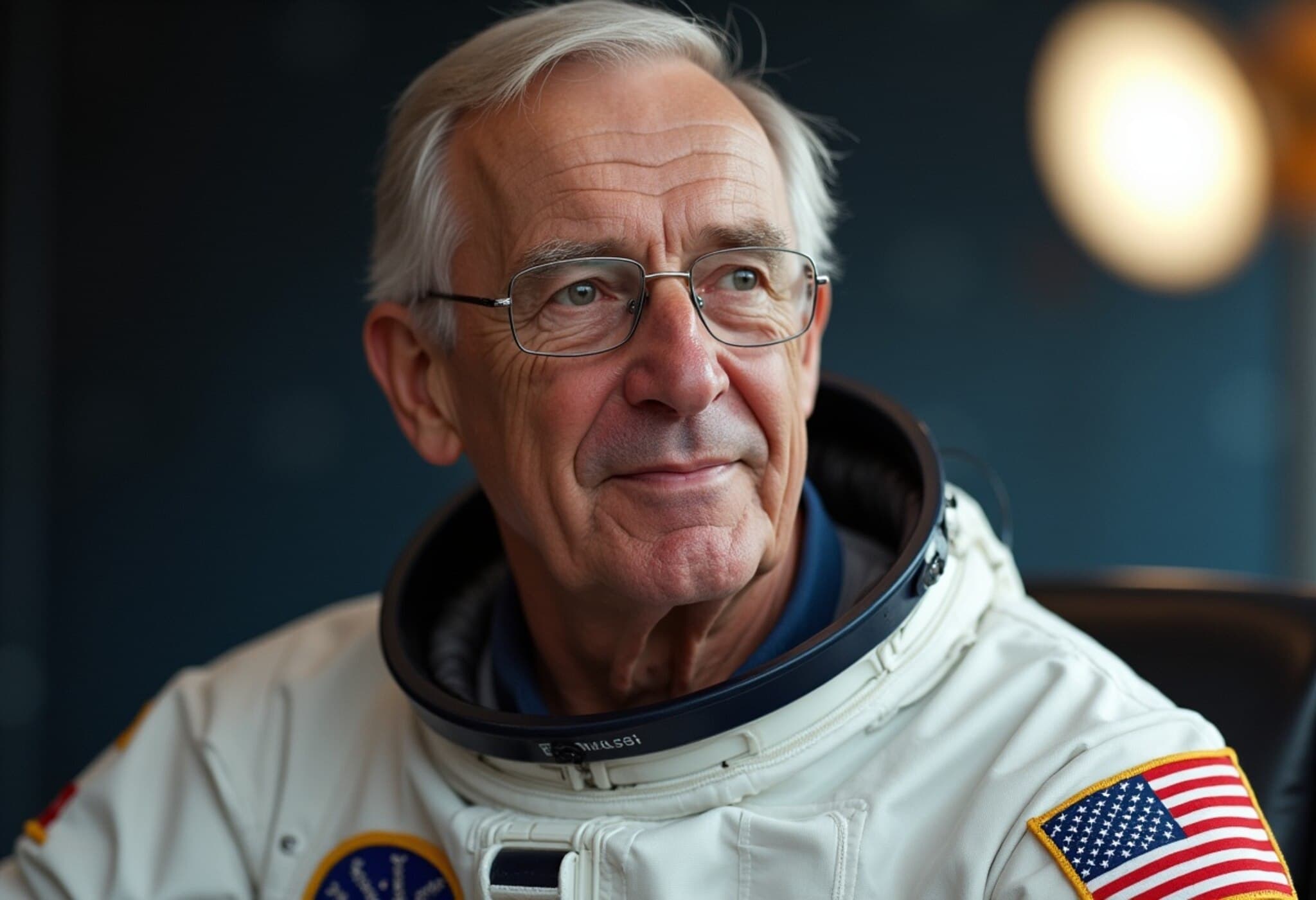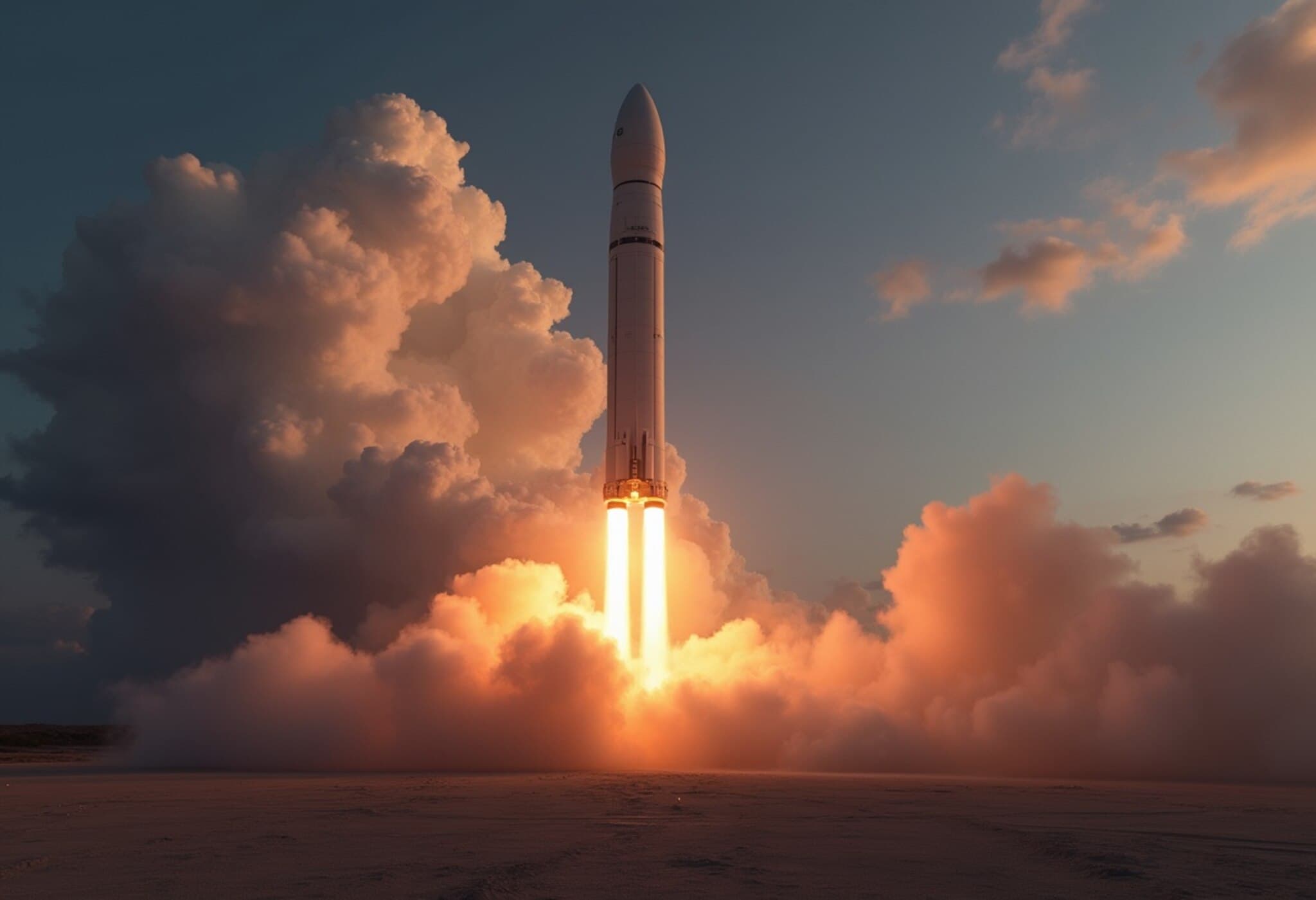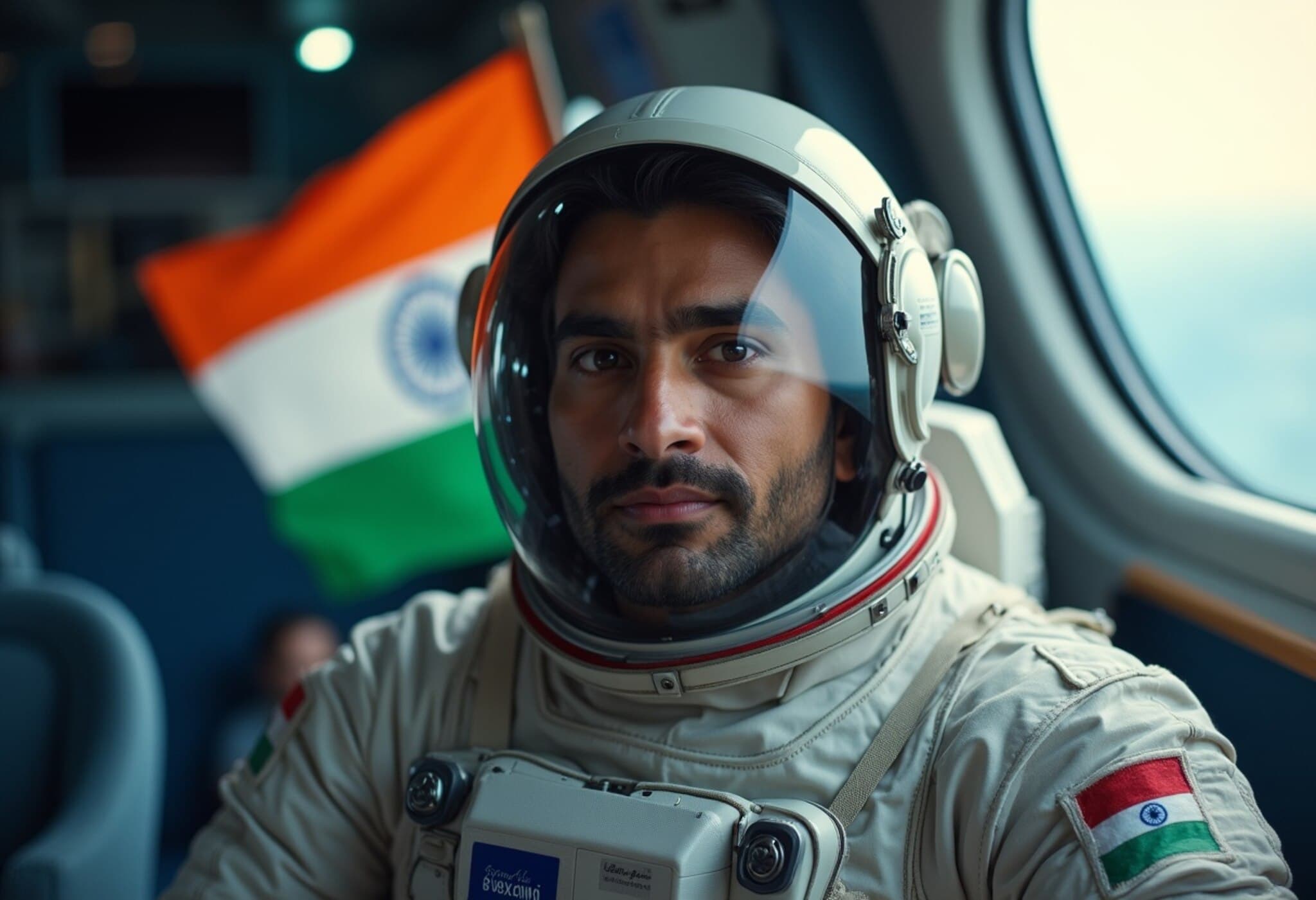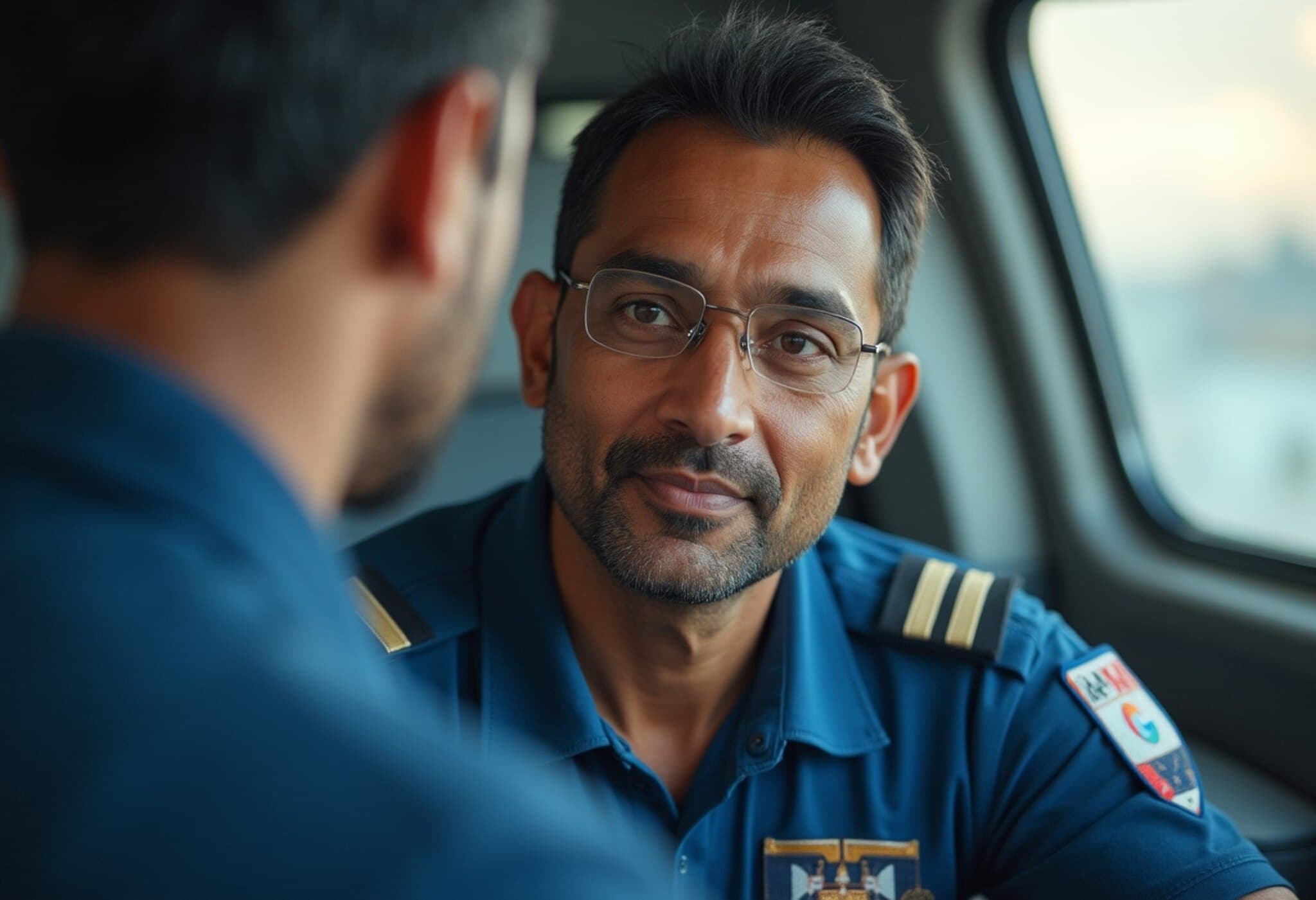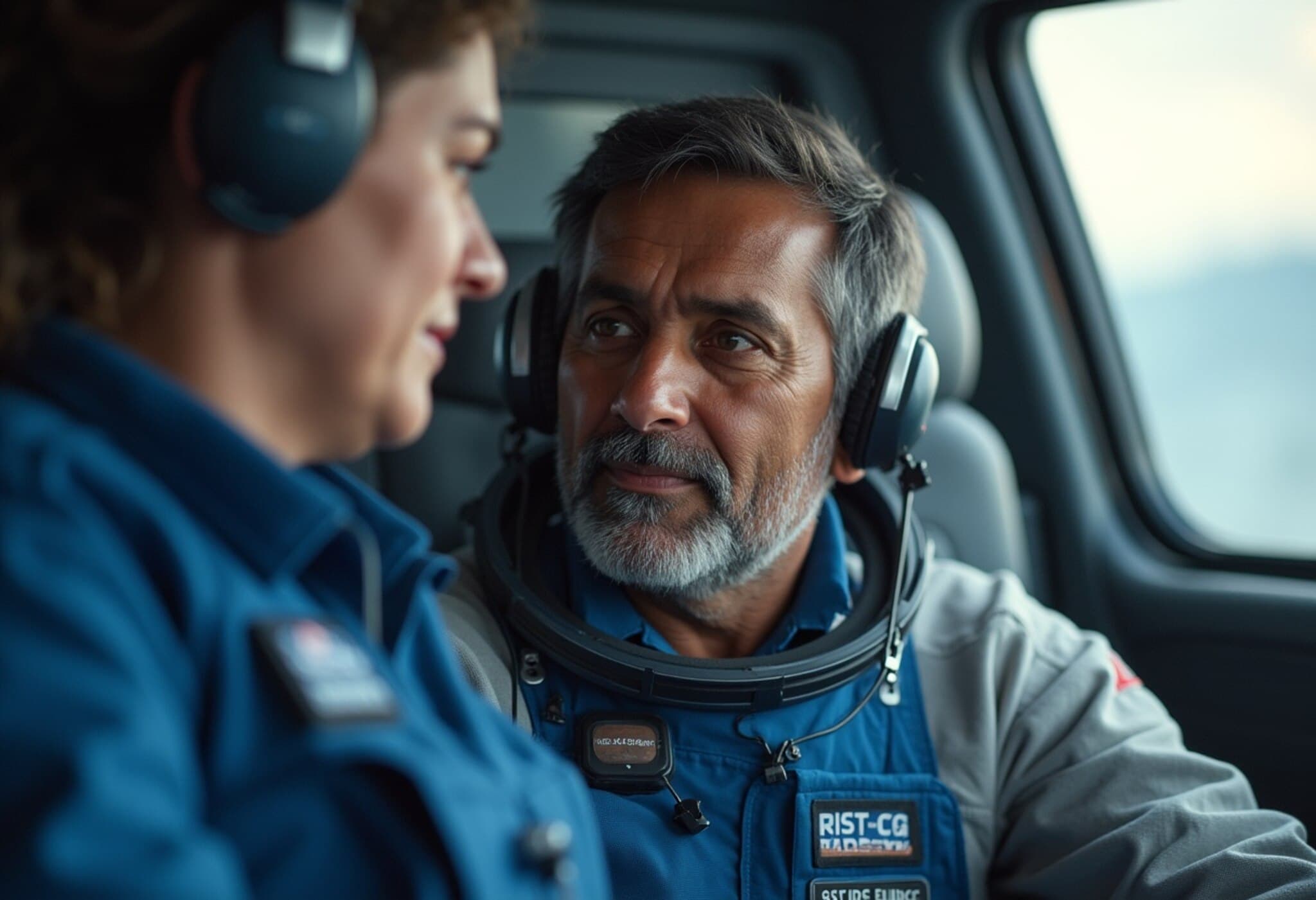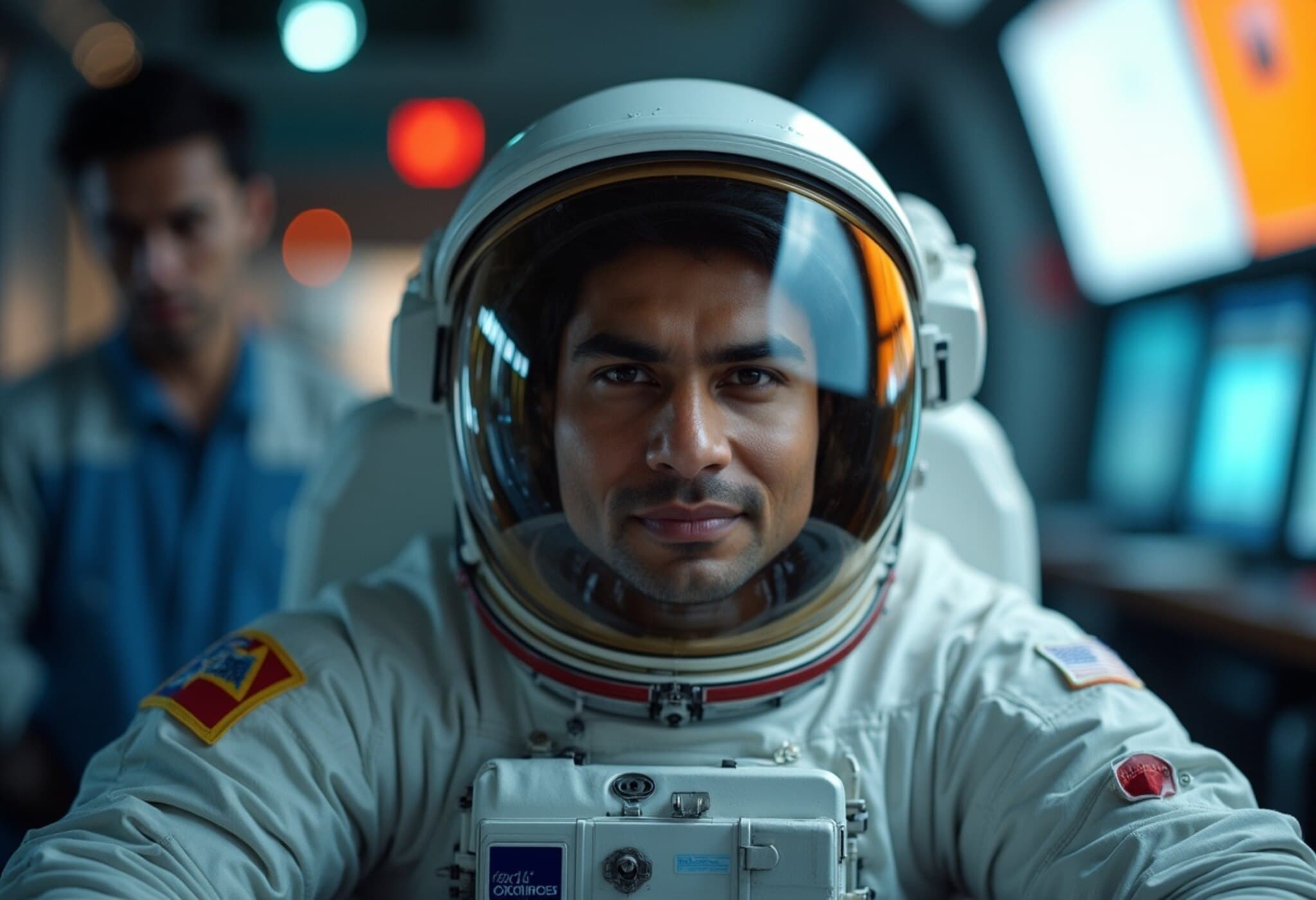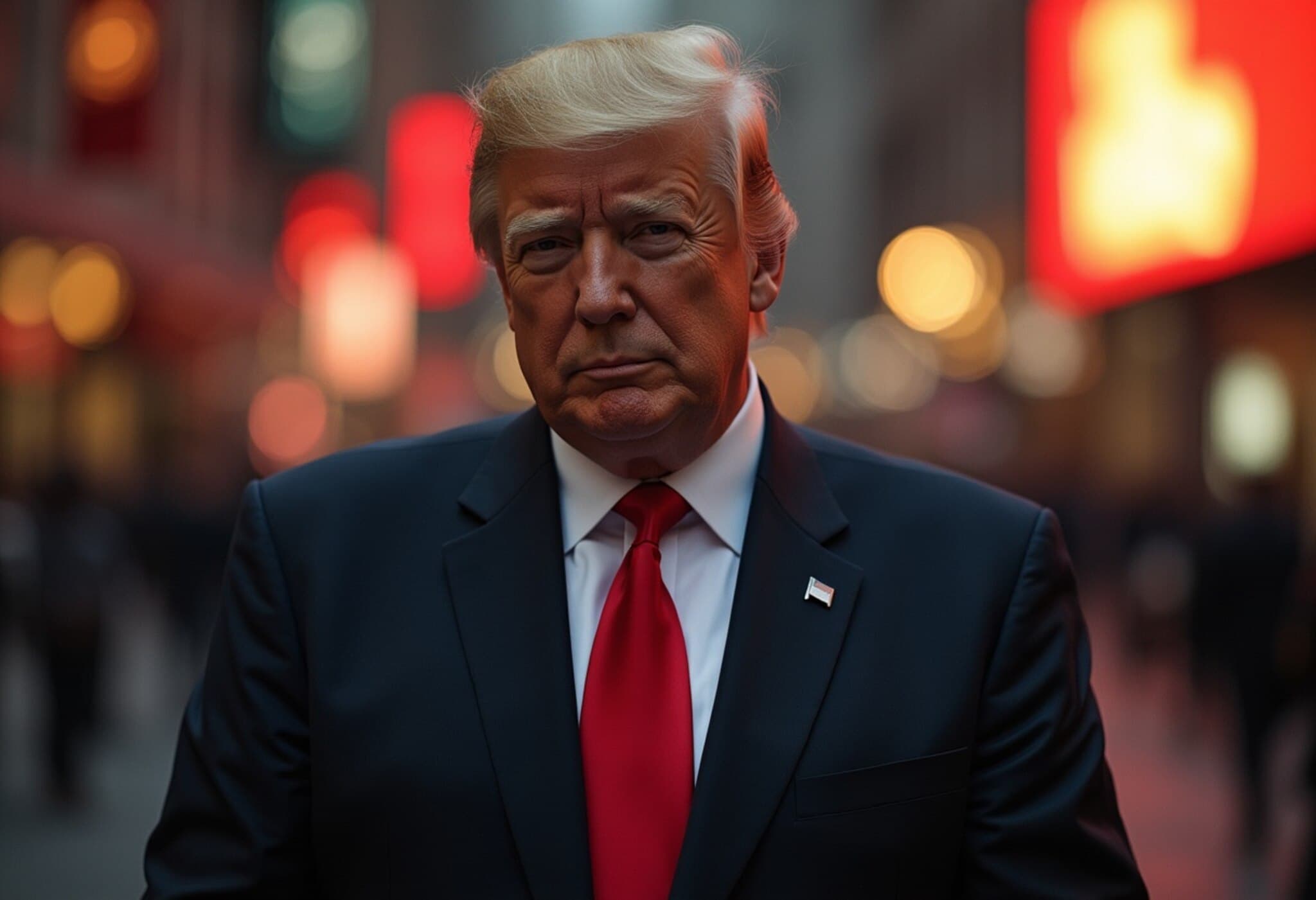An Astronaut’s Farewell from the International Space Station
On July 13, 2025, Indian Air Force Group Captain and astronaut Shubhanshu Shukla delivered a heartfelt farewell message from the International Space Station (ISS) as he prepared to conclude his remarkable journey aboard the Axiom-4 mission. His message resonated with pride, hope, and a deep connection to his homeland.
Reflecting on India’s Space Legacy
Shukla spoke both in English and Hindi, weaving a poetic narrative that connected India’s past and present space achievements. He fondly recalled the historic voyage of Rakesh Sharma, who, 41 years ago, famously shared his impressions of India seen from space — a moment etched in the nation's collective memory.
“Aaj ka Bharat space se mahatvakanshi dikhta hai, aaj ka Bharat nidar dikhta hai, aaj ka Bharat confident dikhta hai, aaj ka Bharat garv se poorn dikhta hai… Aaj ka Bharat abhi bhi sare jahan se acha dikhta hai.”
Translated, Shukla said: "Today’s India looks ambitious, brave, confident, and full of pride from space. Because of all these reasons, I can once again say that today’s India still looks better than the entire world."
The Human Spirit and India’s Expanding Space Ambitions
Emphasizing the larger mission beyond his personal journey, Shukla acknowledged the long and challenging road ahead for India’s human spaceflight program. His words reflected not only optimism but a call to collective determination:
“Aapki or meri yatra abhi bhot lambi hai.” (Our journey is still very long.)
This sentiment captures the growing ambitions of India’s space sector—from robust satellite programs to its budding human spaceflight initiatives, including the Gaganyaan program. Shukla’s mission with Axiom-4 also symbolizes India’s increasing presence in global commercial space exploration.
Behind the Scenes: The Axiom-4 Crew and Their Global Partnership
Shukla’s journey was shared with a diverse international team aboard the ISS, including veteran astronaut Peggy Whitson from the United States, Tibor Kapu of Hungary, and Poland’s Slawosz Uznanski-Wisniewski. Their collaboration highlights a new era of multinational private space missions, bridging countries, cultures, and expertise.
Expert Insight: What Shukla’s Mission Means for India and Beyond
From a policy and economic standpoint, Shukla’s flight marks a milestone in India’s pursuit of space leadership. It showcases not only technological prowess but also emerging commercial and diplomatic facets of space. Private partnerships with companies like Axiom Space signal a shift from government-only ventures toward more inclusive, innovative, and economically significant space endeavors.
Moreover, such missions inspire a new generation of Indian youth and STEM professionals, reinforcing the nation’s image as a confident, ambitious player on the world stage.
Looking Forward: India’s Space Odyssey Continues
As Shukla returns to Earth, his evocative reflections invite us to ponder the vast horizons India aims to explore. His assurance that “even the stars are attainable” resonates as both a metaphor and a call to action for continued investment in science, technology, and human resource development.
In a world increasingly focused on space as the next frontier for commerce, diplomacy, and discovery, Shukla’s words remind us that these journeys are not merely about reaching orbit but about elevating a nation’s aspirations and global standing.
Editor’s Note
Shubhanshu Shukla’s farewell from the ISS is more than a personal goodbye; it’s a beacon of India’s expanding cosmic ambitions and the evolving landscape of international space collaboration. As private spaceflight grows alongside national programs, critical questions arise: How will India balance commercial opportunities with strategic interests? What role will human spaceflight play in broader economic and technological development? This journey is just beginning, inviting all stakeholders to look upward and forward.

